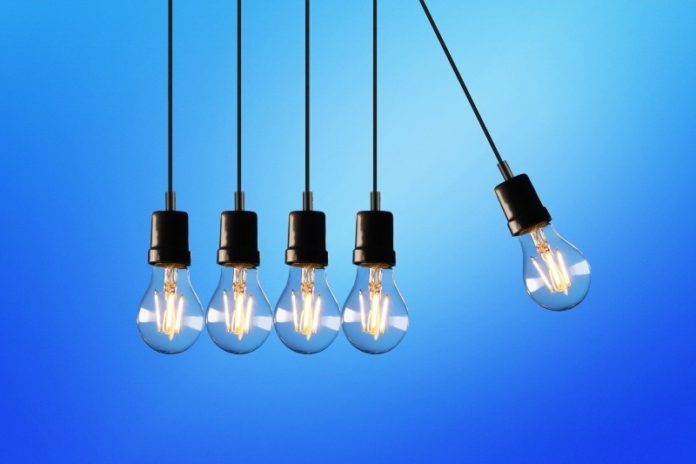
July is usually the hottest summer month, which means that air conditioners will be cranked up to keep local residents cool. A cranked-up air conditioner means a higher electric bill at the end of the month. Paying that bill can cost a household anywhere between 5% and 22% of their household income according to americanspower.com. And the cost of energy is rising.
“We are now in an era of rising electricity prices,” said Philip Moeller, a member of the Federal Energy Regulatory Commission in the americanspower.com report. There has been a steady reduction in generating capacity across the nation, according to Moeller, which means that prices are headed up. “If you take enough supply out of the system, the price is going to increase.”
To help local households manage these costs, Middle Tennessee Electric recently partnered with Barnabas Vision to host a workshop on low-cost, energy-saving tips and provide information on TVA’s Home Uplift Program that offers no-cost energy upgrades to low-income households.
There are many simple things that anyone can do to lower a summer energy bill that cost little or nothing. Here are a number of tips to lower energy costs during high usage months.
- Begin by turning off any lights, appliances or other equipment when not in use. According to MTE, the increase in use of small electronics (like cell phones and computers) and small appliances has increased to the point that the sum total of them all employs the other 50 to 60% of household energy.
- Close curtains and blinds during the hottest part of the day keeping the sun from shining in and raising the interior temperature.
- Wash clothes in cold water and use a high spin cycle.
- Run dishes and laundry only when the appliance is full.
- Turn off water when it is not in use.
- Replace your HVAC air filter monthly.
- Set your thermostat at 78F. The closer the inside temperature is to the outside temperature, the lower the cooling costs.
- Pull your refrigerator away from the wall as that allows air to circulate better.
- Weather strip leaky windows and doors to keep hot air out.
- Adjust your water heater to 120F.
- Set your refrigerator between 35F and 37F and your freezer between 0F and 5F.
- Install smart power strips so power is cut off when a device is not in use.
- Add additional insulation in the ceiling to keep rising air from escaping.
- Keep ductwork maintained and cleaned. Heating and cooling use between 40% to 50% of electrical usage.
MTE offers its members a Home Energy Check-Up for no additional cost. One of their professional Energy Service Coordinators comes to their home at a scheduled time and reviews the home’s efficiency, then in about an hour produces a list of ways to make improvements. They evaluate attic insulation, ductwork and air flow in the HVAC system, weatherization and air leaks and energy habits.
While Tennessee’s electrical rates are in the lower range compared to other states in the United States, according to wallethub.com Tennessee is the 6th least energy efficient state in the union, primarily because of a lack of home energy efficiency.
The Home Uplift Program created by TVA and employed by MTE to address energy deficiencies and weatherization in low-income households in Tennessee is another means of helping homeowners cut costs. In the last two years, TVA has spent more than $17.6 million to seed the program in the state. Qualifying customers receive valuable energy efficiency upgrades which allow them to not only save money on their energy bills, but also improvements in the comfort and air quality of their homes.















